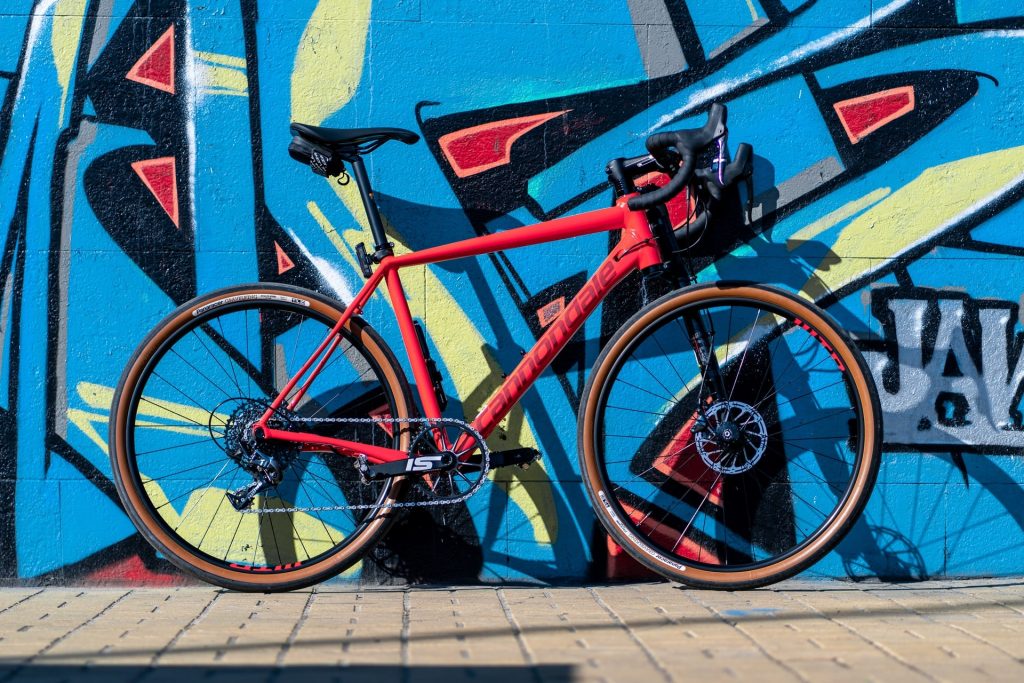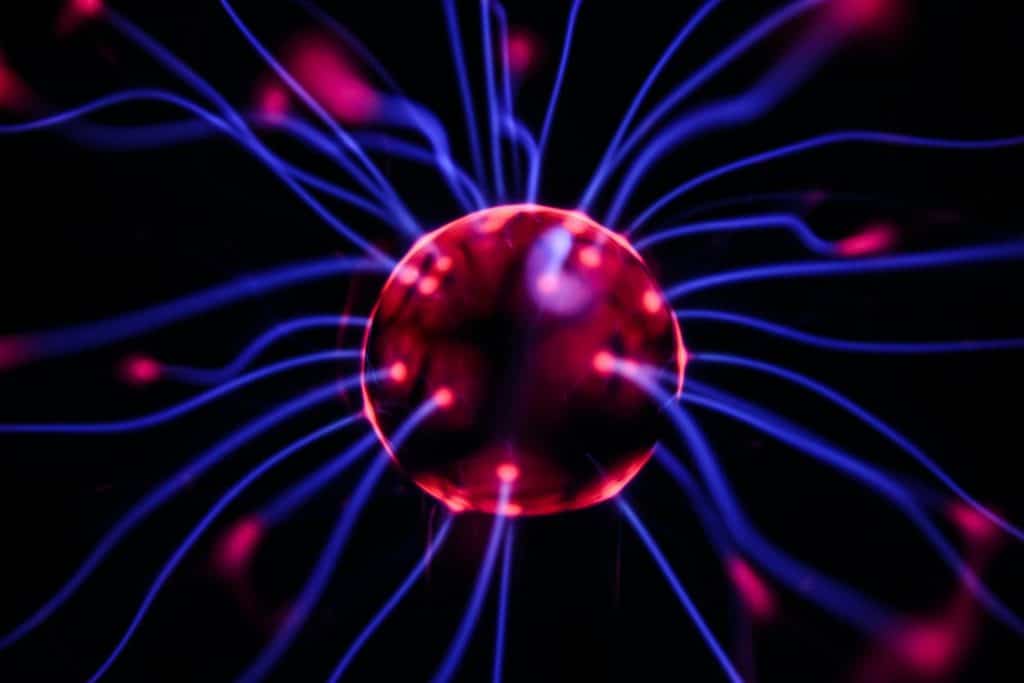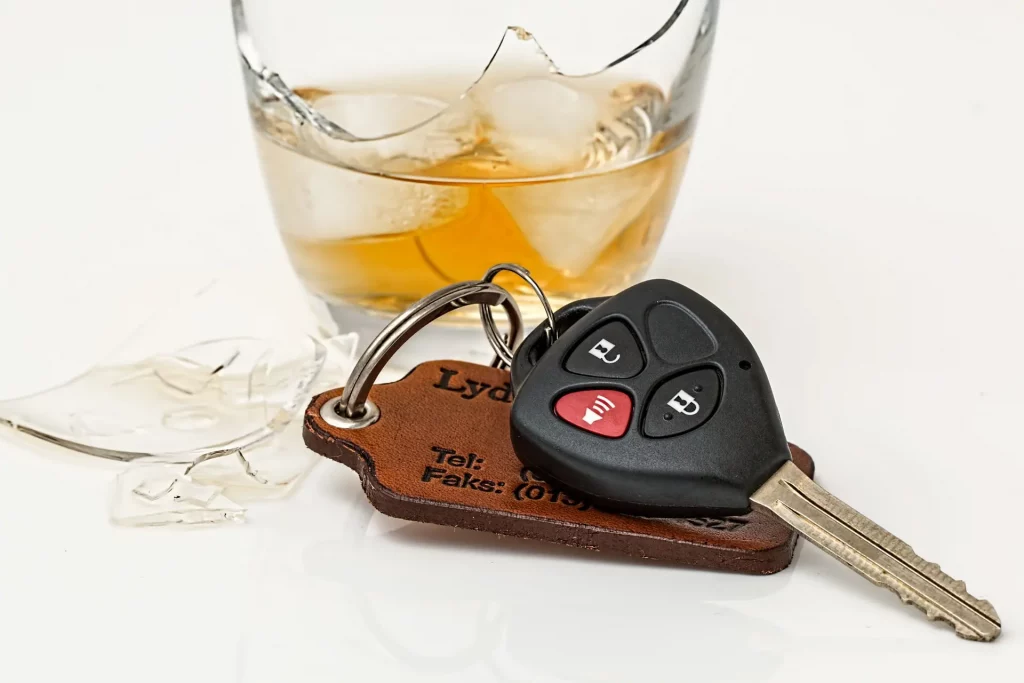We are all aware of the recommendations that we wear masks on our faces when we are out in public due coronavirus epidemic. However, these recommendations appear to have had an unintended and possibly dangerous consequence. According to an article in the New York Post this past week, a New Jersey driver crashed head-on into a pole — after passing out from wearing an N95 mask for hours. It is believed that he lost consciousness due to the lack of oxygen caused by the prolonged use of the mask within the vehicle. Luckily it appears that no one else was involved in the accident and that the driver sustained non-life threatening injuries.https://nypost.com/2020/04/24/driver-crashes-car-after-passing-out-from-wearing-n95-mask/
This situation naturally raises the question as to the liability of a driver for any injuries that he may cause under these circumstances. Precedent suggests that such a driver could potentially be held responsible in a civil suit for causing injuries and damages under these circumstances. In fact, thereby even be criminal exposure as well.
It is well settled in New York that an operator of an automobile who experiences a sudden medical emergency will not be held responsible for an accident resulting from that medical emergency. State v. Susco, 245 A.D.2d 854, 855, 666 N.Y.S.2d 321, 321 (1997). The classic example of this medical emergency rule is when a driver suffers a sudden and unexpected heart attack and gets into an accident. Generally, speaking, if it is determined that the medical condition that caused the accident was sudden and unforeseeable, the driver will not be held responsible for any injuries or damages that results from the accident under the medical emergency rule. Abish v. Cetta, 155 A.D.2d 495, 495–496, 547 N.Y.S.2d 358
However, the medical emergency rule is not applicable if the driver is found to have had a reason to know that he/she may suffer a medical emergency. For example, the courts have rejected the medical emergency defense in cases where a diabetic driver passes out due to low blood sugar when there is evidence that the driver had been feeling “woozy” or “light headed” prior to the accident. In such cases, the courts have reasoned that the driver knew or should have known that an accident was likely and that their continued operation of a vehicle rendered them liable for any injuries that they cases. Howle v.PYA/Monarch, Inc., 288 S.C. 586, 589–590, 344 S.E.2d 157; see also Thomas v. Hulslander, 233 A.D.2d 567, 567–68, 649 N.Y.S.2d 252, 253–54.
Similarly, courts have refused to accept the sudden medical emergency defense in cases were an epileptic suffers a seizure while driving after having failed to take his seizure medication. People v. Unger, 56 Misc. 3d 1219(A), 65 N.Y.S.3d 493 (N.Y. Sup. Ct. 2017).
The defense had been rejected in cases where the driver didn’t have a diagnosed medical condition but where he/she knew or should have known that they had an illness or condition that made it dangerous for him/her to drive. In Karl v. Terbush, 63 A.D.3d 1359, 1360, 881 N.Y.S.2d 207, 207–08 (2009), the Court refused to dismiss a personal injury case against a driver who passed out while driving where there was evidence that for the month preceding the accident, he experienced episodes of dizziness, lightheadedness, and weakness which increased in frequency shortly before the accident.
In the case of the gentleman who passed out while wearing a mask, the article states that the driver had been wearing the mask for several hours in the car. A good lawyer can reasonably show that it was careless and reckless of the driver to wear a mask for several hours in a car with the windows up. Moreover, it is likely that he was having trouble breathing for some time before he actually passed out so the medical emergency defense may not be applicable.
The lesson to be learned here is that, while it is important to take the recommendations and precautions COVID-19 seriously, drivers are still expected to use common sense while driving on our roads and will be held responsible for failing to do so.




